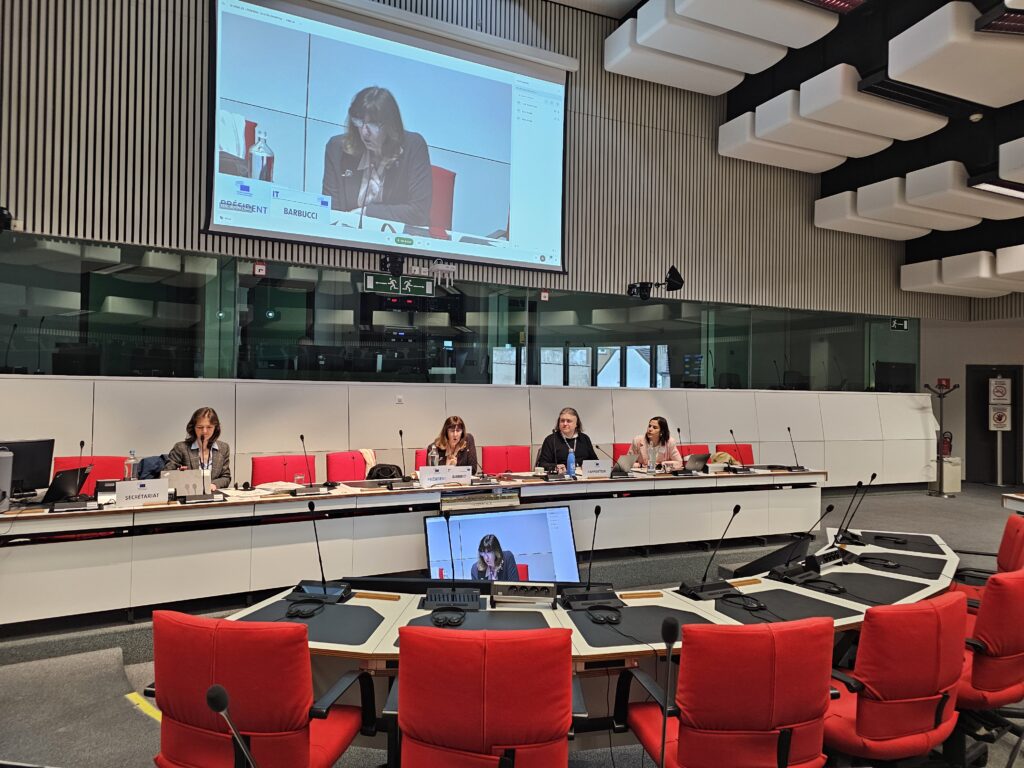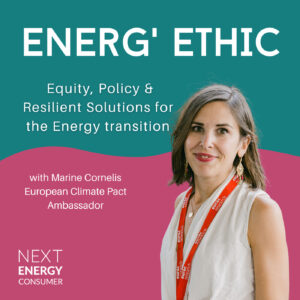Digitalisation in energy is a game-changer, but people’s interests tend to be overlooked – and their rights, taken for granted.
Hence, how can we balance opportunities and risks for European consumers?
This is what the European Economic and Social Committee’s own initiative opinion, nearly unanimously adopted last week, has been looking at. And I’m sure it will be the starting point for further policy action.
As an advisor to the rapporteur, Kestutis Kupsys, I’m incredibly proud of this work! There’s so much at stake.
Digitalisation promises:
– Better energy management with smart grids and AI-driven systems.
– Cost savings through improved efficiency and demand-side flexibility (DSF).
– Consumer empowerment with affordable, user-friendly smart meters and connected appliances.

But we must balance these benefits with careful protections:
– Data security and consumer privacy must come first.
– Digitalisation should not widen the gap for those already facing energy poverty.
– Human oversight is and must stay central when developing AI and digital tools.
Because it’s never only about the outcome, it’s also about the foundation, the architecture. And that’s where it’s essential to have civil society on board to put the bricks in the right place.
Our recommendations (of course!) focus on inclusivity, not in words but in actions:
– Design digital tools that everyone can use – with the people who are going to use them.
– Make sure Net-Zero Academies deliver vital training on the topic.
– Local Authorities and stakeholders play a crucial role in bridging the digital divide.
Looking ahead, we advocate for the EU to lead in global standards for digital energy rights, working with international bodies to ensure sustainable practices.
🌟 This opinion is about making energy digitalisation work for everyone, everywhere. It’s been an honour to contribute to this vital initiative – and I wish for it to bear many fruits.
🔗 Read the full opinion on the EESC website.



